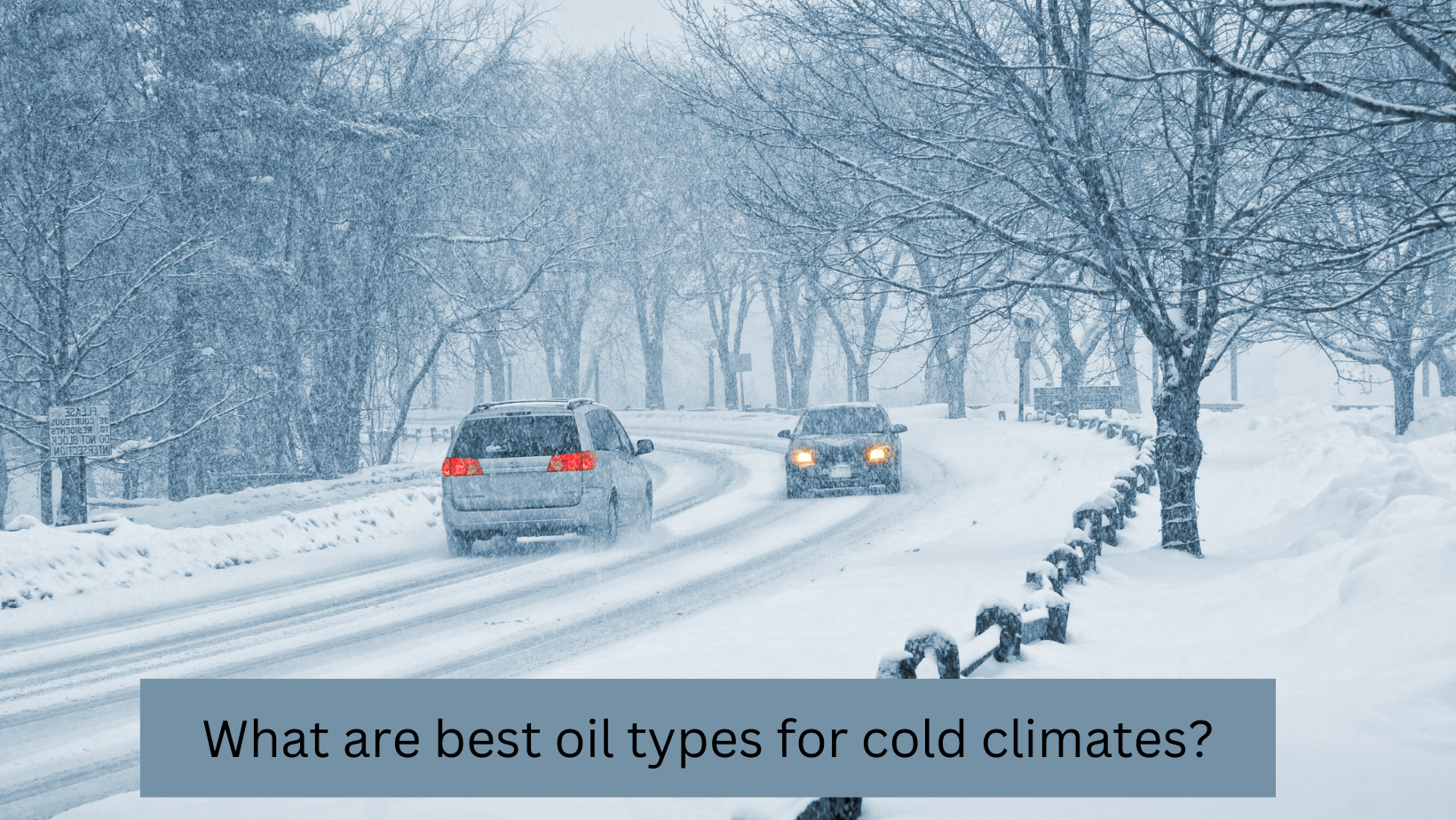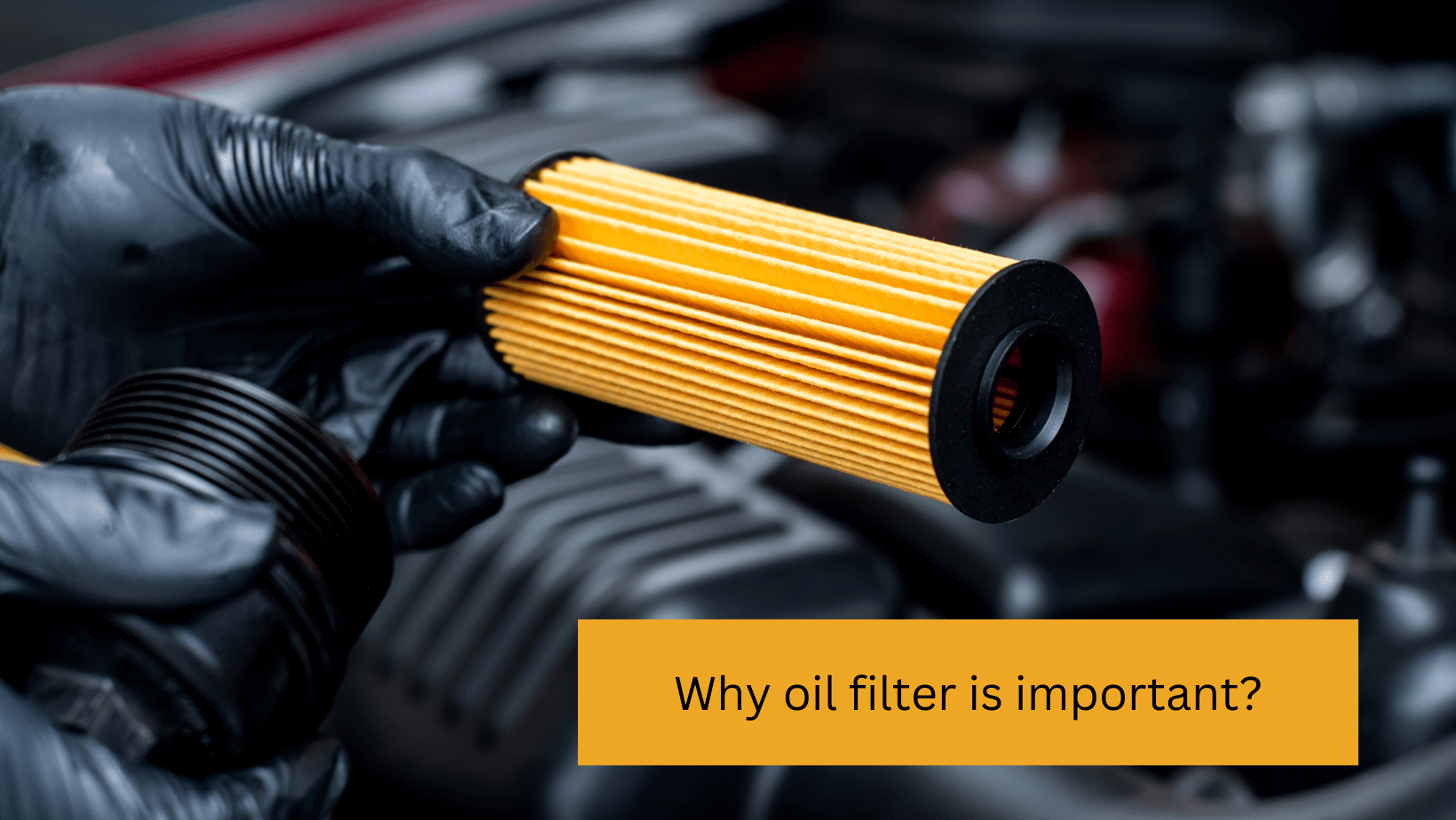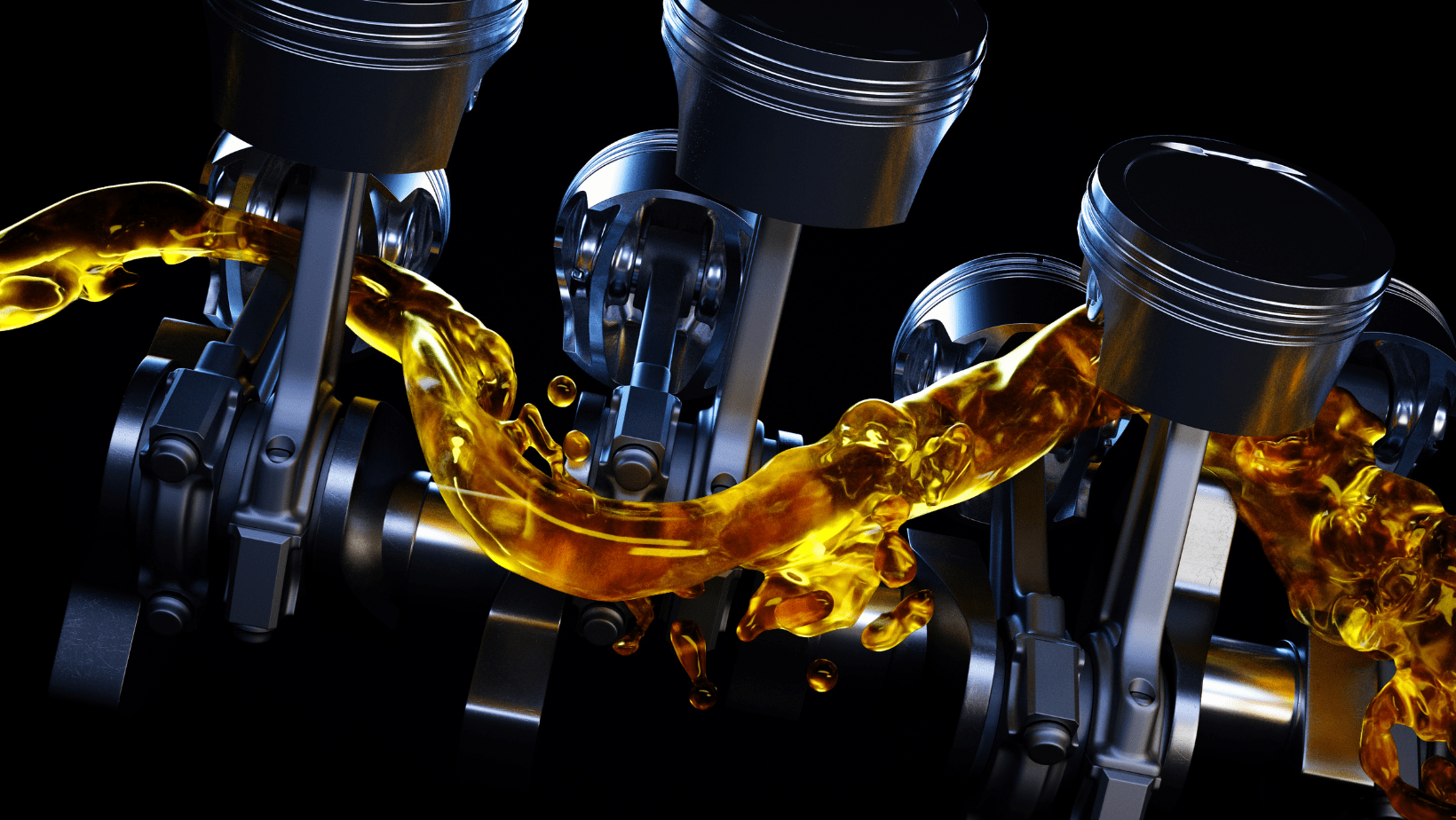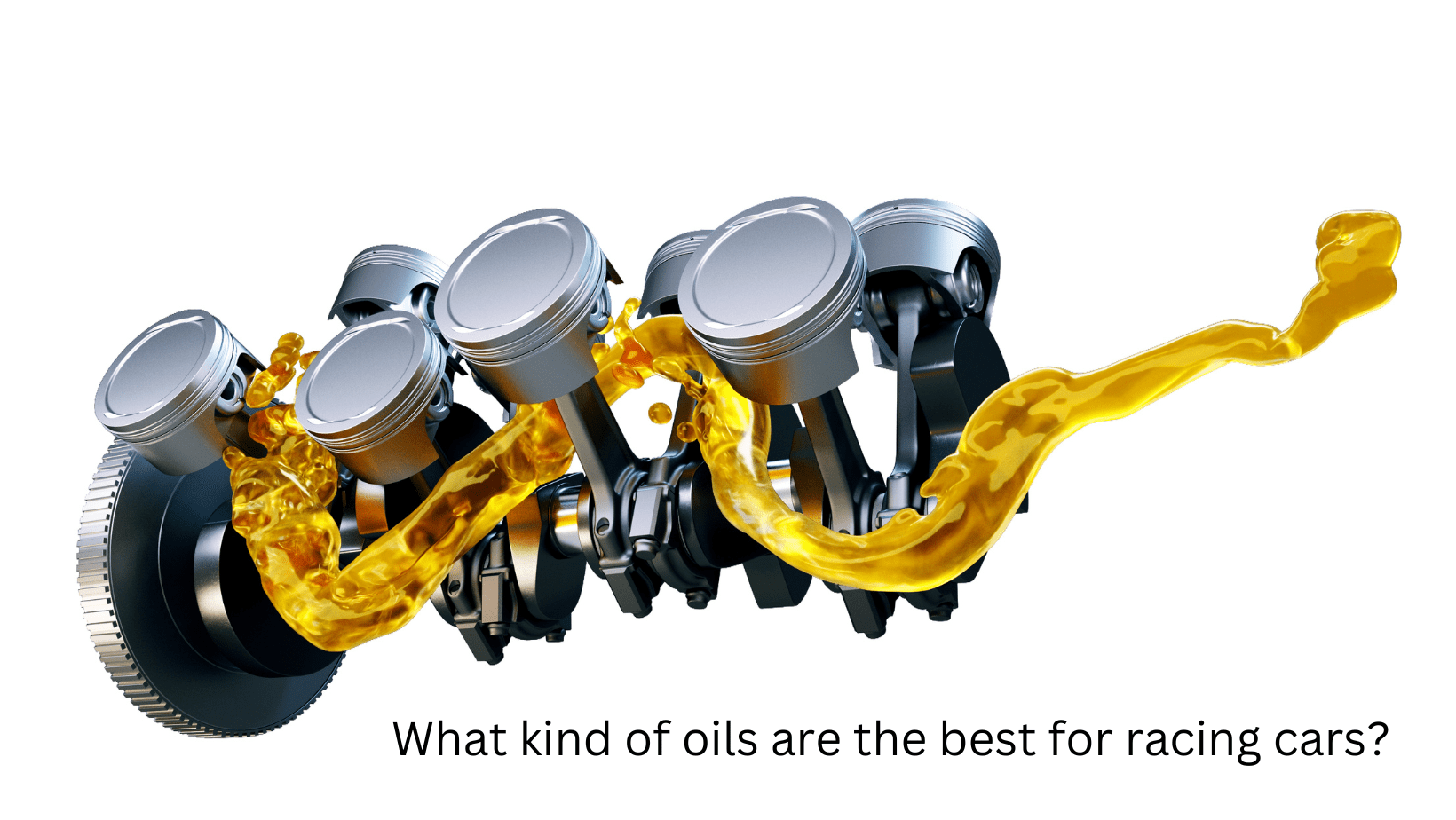Understanding the Importance of Choosing the Right Oil for Your Vehicle in Cold Climates
As the winter months approach, it’s crucial for vehicle owners to understand the importance of using the right oil type for cold climates. The health and performance of your engine depend greatly on the type of oil used, especially in colder weather conditions. In this article, we delve into why selecting the appropriate oil types for cold climates.

Key Takeaways
| Key Point | Details |
|---|---|
| Importance of Proper Oil Type | Explanation of why choosing the right oil for cold climates is crucial for engine health. |
| Characteristics of Ideal Oil for Cold Climates | Overview of the properties that make certain oil types suitable for cold weather. |
| Recommended Oil Types for Cold Climates | Specific oil types and brands ideal for use in cold climates. |
| Influence of Viscosity in Cold Weather | How oil viscosity affects engine performance in cold temperatures. |
| DIY Tips for Oil Change in Cold Climates | Guidance on changing oil for optimal performance during winter. |
| Professional Insights | Expert advice from 5th Gear Automotive on selecting and changing oil in cold climates. |
What Makes Certain Oil Types Suitable for Cold Weather?
In cold climates, the oil in your engine faces unique challenges. The oil must remain fluid enough to circulate through the engine quickly after starting, providing immediate lubrication to the components. This is where the right oil type plays a significant role. We’ll explore the characteristics of oils that are formulated to perform optimally in low temperatures, ensuring your engine stays protected and runs smoothly.
Recommended Oil Types for Cold Weather
Choosing the right oil for cold weather is not just about the brand but about understanding the properties that make certain oils more suitable for low temperatures. We’ll provide recommendations on specific oil types and brands that are ideal for cold climates, aiding in easier engine start-ups and better protection against wear and tear.
Viscosity: A Key Factor in Cold Weather
Viscosity, or the thickness of the oil, is a critical factor in cold weather. Oils with the right viscosity level for low temperatures help in maintaining engine efficiency and preventing damage. We’ll explain how oil viscosity affects your engine’s performance in cold conditions and why it’s important to choose an oil with a suitable viscosity rating.
DIY Oil Change Tips for Cold Climates
For the DIY enthusiasts, changing your oil in preparation for winter is a valuable skill. We’ll provide step-by-step guidance on how to change your oil for optimal performance during the colder months, ensuring your vehicle is ready to face the challenges of winter driving.
Expert Insights from 5th Gear Automotive
To further enhance your understanding, we’ll include insights from the skilled technicians at 5th Gear Automotive, who are known for their reputable, honest, and professional auto mechanic services in Nashville. They’ll share their expertise on selecting and changing oil specifically for cold climates, drawing from their extensive experience in the field.
Oil and Lubrication Upgrades: Maximizing Performance
For those looking to enhance their vehicle’s performance, understanding the role of oil and lubrication is key. This guide offers insights into how the right oil can not only protect your engine in cold weather but also maximize its performance.
The Science Behind Motor Oil Mixing
It’s important to understand the science behind motor oil, especially when it comes to mixing different types. This article delves into the intricacies of motor oil composition and its impact on engine performance, particularly in varying weather conditions.
Oil Viscosity Explained: The Lifeblood of Engine
The viscosity of oil is often referred to as the lifeblood of an engine. In our comprehensive guide, we break down the concept of oil viscosity and its paramount importance in cold climates. This knowledge is essential for understanding how oil behaves in winter and how it impacts your engine’s health and performance.

The Definitive Guide to Choosing the Right Oil Type for Your 2012 Jeep Wrangler
Different vehicles have unique requirements when it comes to oil, especially in cold weather. For instance, the right oil type for a 2012 Jeep Wrangler might differ significantly from that for other models. We provide detailed guides tailored to specific vehicle models, ensuring that you choose the best oil for your particular car.
Why You Should Change Oil Every 6 Months
Regular oil changes are crucial, particularly in cold climates. Changing your oil every 6 months or as recommended for your vehicle can significantly impact its performance and longevity. This section will emphasize the importance of adhering to regular oil change intervals, especially when dealing with the harsh conditions of winter.
2020 Ram 1500 5.7 Hemi Recommended Oil
For owners of specific models like the 2020 Ram 1500 5.7 Hemi, choosing the right oil is essential for maintaining engine health, especially in cold weather. Our guide offers specific recommendations for such models, ensuring your vehicle receives the best possible care.
Selecting the right oil for popular models like the Honda Accord is crucial for their optimal performance in cold climates. Our article provides in-depth information on the best oil choices for Honda Accord, taking into account the unique needs of this vehicle in winter conditions.
Understanding the basics of oil changes is fundamental, especially when preparing your vehicle for cold weather. This guide covers the essential aspects of oil changes, providing valuable knowledge for maintaining your vehicle during winter.
Synthetic vs Conventional Oil: Maximizing Your Vehicle’s Performance
When it comes to cold weather, the debate between synthetic and conventional oil becomes even more relevant. Each type has its own set of advantages and disadvantages in cold conditions. Our article will help you understand which type of oil is more suited for your vehicle in winter, aiding in maximizing performance and engine protection.

Optimal Intervals for SUVs Oil Changes
SUVs often have different maintenance needs compared to smaller vehicles, especially regarding oil change intervals. This section provides guidance on the optimal intervals for oil changes in SUVs, taking into account their specific requirements in cold weather conditions.
High Mileage Vehicle Oil Changes: Keeping Your Engine Young
High-mileage vehicles require special attention, particularly in cold climates. Regular oil changes with the right oil type can play a significant role in keeping older engines running smoothly and efficiently. We offer insights and tips on managing high-mileage vehicles during the winter months.
Impact of Driving Habits on Oil Change Intervals and Types
Your driving habits can significantly affect the type of oil you should use and how often you should change it, especially in cold weather. This section explores how different driving styles and conditions impact your vehicle’s oil needs, helping you make more informed decisions about oil changes.
Conclusion
Choosing the right oil for your vehicle in cold climates is not just a routine task; it’s a crucial decision that affects the health and performance of your engine. By understanding the importance of oil viscosity, the advantages of different oil types, and the specific needs of your vehicle, you can ensure that your car remains in top condition throughout the winter months. Remember, regular maintenance and using the right oil type are key to a smooth and safe driving experience in cold weather.





